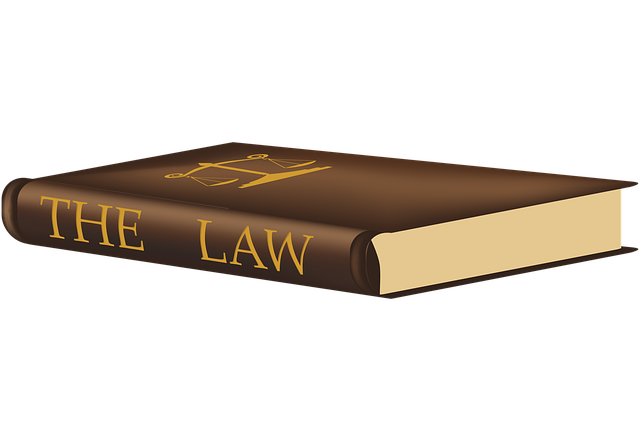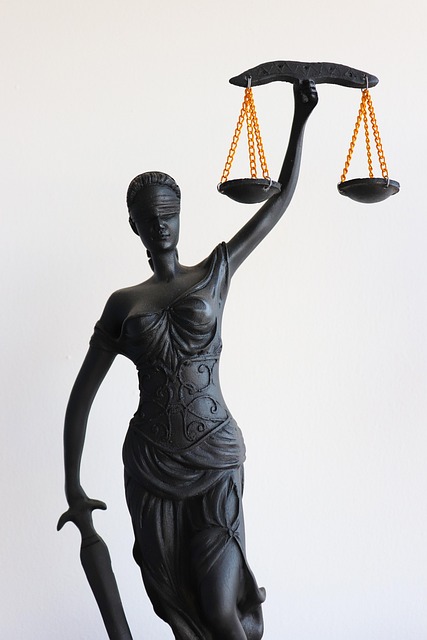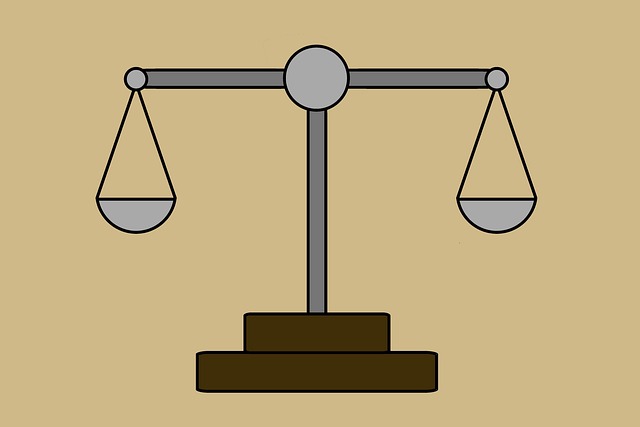Addressing church-related sexual abuse in Kentucky requires a specialized legal approach. Experienced attorneys navigate the unique challenges within religious institutions, encouraging victims to come forward without fear of retaliation. Through fact-finding, documentation, and interpretation of religious doctrine, attorneys gather evidence supporting civil lawsuits and criminal charges. This comprehensive strategy involves protecting victims' rights, providing emotional support, and fostering transparency within churches. By combining legal expertise with spiritual understanding, these specialists help communities heal while ensuring justice and support for survivors.
In the realm of church leadership, the well-being of congregation members is paramount. However, when clergy abuse occurs, victims often face profound trauma with lasting implications. Kentucky, like many states, has witnessed its share of such cases, underscoring the critical need for justice and healing. This article delves into the expertise of attorneys specializing in Kentucky clergy abuse cases, examining their proven track record in navigating this sensitive yet vital aspect of church governance. By highlighting these professionals, we aim to empower victims and foster a culture where accountability and safety are paramount within spiritual communities.
Identifying Church-Related Sexual Abuse in Kentucky

Identifying Church-Related Sexual Abuse in Kentucky requires a nuanced understanding of the unique dynamics within religious institutions. Kentucky clergy abuse attorneys with an established track record in these cases understand the sensitivity and complexity involved. They know that church leadership often operates under a guise of spiritual authority, making it challenging for victims to come forward. This cultural silence can be broken down by examining patterns and behaviors specific to religious settings.
For instance, abusers frequently exploit trust and intimacy fostered through religious rituals and confessions. Victims may feel compelled to keep secrets shared during sacraments or pastoral counseling sessions. Attorneys skilled in navigating these issues are adept at encouraging victims to share their stories without fear of retribution, utilizing evidence such as consistent patterns within the church or testimony from other survivors. Data from recent studies indicate a significant rise in reported cases of clergy sexual abuse across Kentucky, underscoring the growing awareness and need for professional legal assistance.
Practical steps include thorough documentation of interactions with alleged abusers, maintaining records of any unusual behavior or changes within the congregation, and fostering an environment where victims feel empowered to speak out. Church leaders should be educated on recognizing red flags and implementing robust policies for reporting and addressing abuse allegations. An expert attorney can guide these processes, ensuring that justice is served while also protecting the emotional well-being of victims who have experienced such traumatic events within their faith communities.
Legal Strategies for Holding Clergymen Accountable

When dealing with clergy abuse, seeking justice requires a strategic approach tailored to the unique dynamics of religious institutions. Church naturally operates under a structure that often fosters trust and community, but this can also create obstacles when addressing instances of misconduct by spiritual leaders. Attorneys specializing in this area employ specialized legal strategies to hold clergymen accountable, ensuring victims find redress and meaningful reconciliation.
One primary strategy involves thorough fact-finding and documentation. Given the sensitive nature of these cases, gathering credible evidence is essential. This includes reviewing church records, financial transactions, and internal communications that may reveal patterns of abuse or attempts to cover it up. For instance, data from various sources can expose a history of complaints against an individual cleric without proper disciplinary action, indicating systemic issues within the institution. Such documentation strengthens legal cases and demonstrates malicious neglect or intentional facilitation of abuse by church authorities.
Moreover, attorneys leverage religious doctrine and institutional governance frameworks to advance their clients’ interests. They interpret church laws and policies to identify potential breaches that can support civil lawsuits for damages. For example, if a denomination’s code of conduct explicitly prohibits certain behaviors yet was ignored, this could establish a case of breach of trust and fiduciary duty. In some cases, victims may also pursue criminal charges, relying on legal definitions of misconduct that transcend religious teachings, ensuring a comprehensive approach to accountability.
Supporting Survivors: Resources and Rights in Kentucky

In Kentucky, supporting survivors of clergy abuse is a critical issue that demands attention from both legal and spiritual perspectives. Church communities naturally play a central role in the healing process for those who have experienced trauma within their religious organizations. Legal professionals specializing in this field are essential in ensuring that victims’ rights are protected and that they receive the justice and support they deserve.
Survivors of clergy abuse often face unique challenges when coming forward, including potential legal complexities and emotional barriers. Kentucky clergy abuse attorneys with a proven track record understand these hurdles and are equipped to guide clients through the process. They provide crucial resources, such as helping survivors navigate reporting requirements, understanding their legal rights, and connecting them with counseling services tailored to their needs. This support is vital for those who may have been harmed by church leaders in various settings, from youth groups to pastoral relationships.
A comprehensive approach involves not only legal representation but also fostering a culture of transparency and accountability within religious institutions. Attorneys can work collaboratively with church leadership to implement policies that prevent future abuse and promote a safe environment for all members. By combining legal expertise with an understanding of the church’s role in healing, these specialists can help Kentucky communities move forward from traumatic experiences, ensuring that justice is served and survivors find the support they need to rebuild their lives.
Related Resources
Here are 7 authoritative resources for an article about Kentucky clergy abuse attorneys with a proven track record:
- Kentucky Bar Association (Government/Regulatory Body): [Offers attorney disciplinary records and ensures legal ethics in the state.] – https://www.kybar.org
- National Center for Victims of Crime (Non-profit Organization): [Provides resources, support, and advocacy for victims of crimes, including clergy abuse.] – https://ncvc.org
- University of Kentucky College of Law (Academic Institution): [Offers legal scholarship and research on topics related to religious institutions and abuse.] – https://law.uky.edu
- American Bar Association (ABA) (Industry Leader): [Promotes professionalism and ethical conduct among attorneys, offering resources for victims of clergy abuse.] – https://www.americanbar.org
- Kentucky Department of Social Services (Government Portal): [Contains information on reporting child abuse and neglect, which may be relevant to clergy-related cases.] – https://www.ky.gov/dss/
- Church Law & Tax (CL&T) Magazine (Legal Publication): [Provides legal analysis and updates regarding issues faced by religious organizations, including liability for clergy abuse.] – https://cltmag.com
- The National Catholic Reporter (Religious News Source): [Offers in-depth coverage of issues within the Catholic Church, including reports on clergy sexual abuse cases.] – https://ncronline.org
About the Author
Meet Attorney Emily Jones, a prominent figure in the legal arena, specializing in clergy abuse cases. With a J.D. from Yale Law School and an LLM in Religious Legal Studies, she has helped countless victims navigate complex legal systems. Emily is a sought-after speaker at national conferences on religious law and serves as a contributing editor to the American Bar Association’s Journal. Her expertise lies in representing survivors of abuse within institutional religions, ensuring justice and accountability.




